Article not found
This article is no longer available. But don't worry—we've gathered other articles that discuss the same topic.
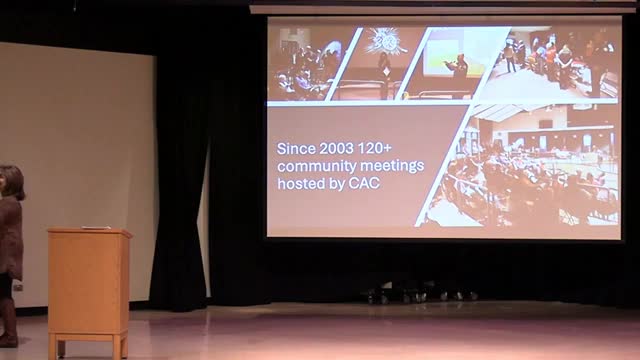
Conifer Chamber previews 50th‑anniversary awards, photo contest and MindFest community wellness event
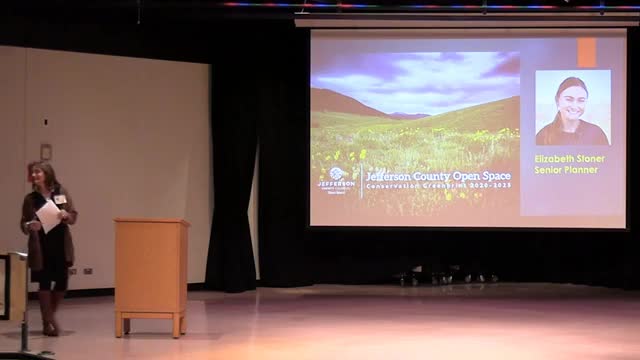
Jeffco officials outline state budget pressures, federal grant pursuit and new local funding options
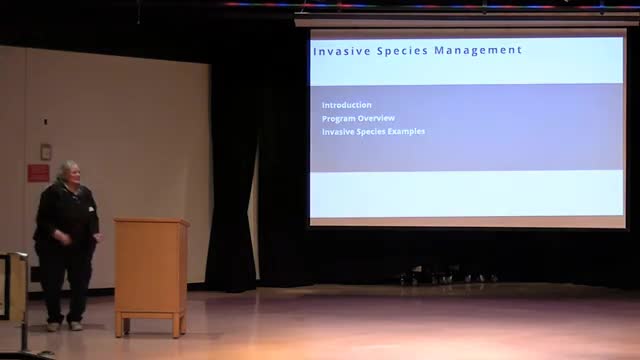
Jeffco invasive‑species team urges control of mountain pine beetle and noxious weeds
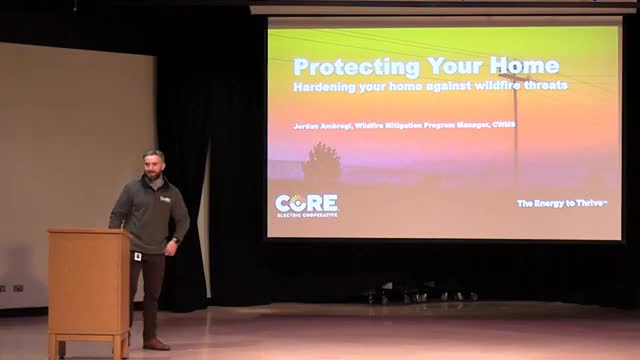
Experts urge home hardening and plant choices to reduce wildfire ignition risk
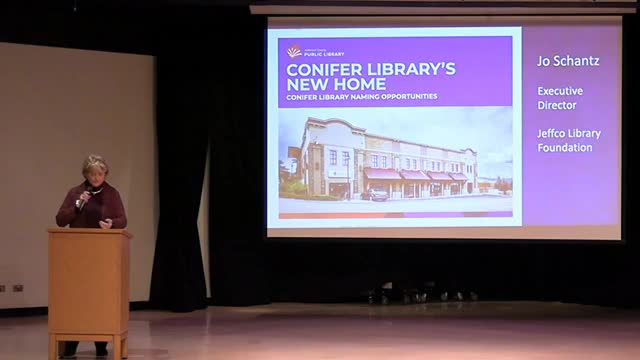
Jefferson County Library Foundation outlines donor opportunities as Conifer branch moves near Safeway

